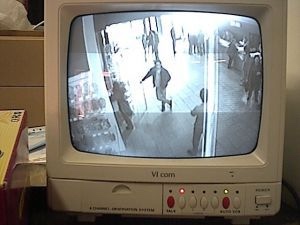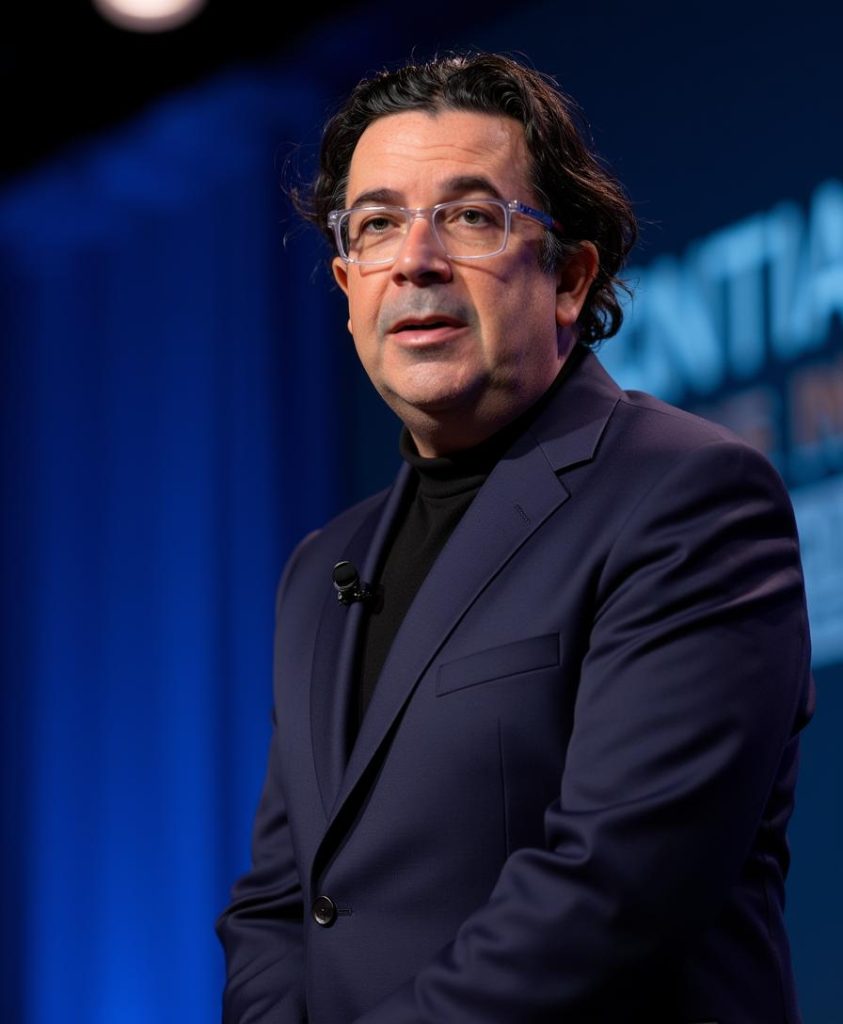Since 1993
Can You Be Convicted of Retail Theft if You Walk Out Empty-Handed?

By: John Guidry
Retail theft just isn’t what it used to be. Back in the day of smaller retail stores, thieves actually had to get creative. Ever seen the Jane’s Addiction video for “Been Caught Stealin’”? Or how about the thievery discussion in the Beastie Boys’ classic “She’s Crafty”? That was the era of criminal style. But those days are over.
Today, there’s no suspicious shop owner watching over the goods in a mom-and-pop shop. We have Super Wal-Marts that are literally miles long. Thieves have gotten lazy, and criminal creativity has hit an all-time low. One of the most common schemes I see in Orange and Seminole County involves people merely walking out of a big-box store with a full cart. It lacks style, but from a legal standpoint, it raises an “insane” question: At what point do your actions actually become a crime?
Obviously, putting something in your cart isn’t theft. But what if you push that cart toward a closed exit and then walk away? Are you a criminal, or did you simply have a change of heart?
Accused of shoplifting after leaving a store without any merchandise? Don’t let a “suspicious” video lead to a felony conviction. Call John Guidry today at (407) 423-1117.
The Legal Breakdown: The Case of the Garden Center Exit
To understand how the State can overcharge these cases, let’s look at the real-life “war story” of McClover v. State, 2013 Fla. App. LEXIS 7870 (Fla. 4th DCA 2013).
- The “Suspicious” Act: McClover was at a Wal-Mart under the watchful eye of loss prevention. She put electronics in her cart and headed toward the garden center exit.
- The Abandonment: The garden center exit was closed and had no open registers. McClover didn’t try to force her way out; she simply left the full cart in the garden center and walked out the main entrance with nothing in her hands.
- The Conviction: Even though she took nothing from that store, a jury convicted her of felony retail theft, and a judge sentenced her to 48 months in prison.
- The Appeal: The appeals court overturned the conviction because the trial judge refused to give a jury instruction on “abandonment.”
Why Abandonment is a Winning Defense
Under Florida law, even if you intended to steal, you are entitled to a defense if you “abandoned” the attempt under circumstances indicating a complete and voluntary renunciation of your criminal purpose.
The appeals court noted that under Florida Statute § 812.015(1)(d), retail theft requires “taking possession” or “carrying away.” Since McClover left the store without any unpaid merchandise and didn’t conceal anything, a jury could easily find she simply changed her mind and abandoned the plan.
John’s Takeaways
- Empty Hands, No Theft: If you didn’t leave the store with the merchandise and didn’t conceal it, the State has a massive failure of proof on the “carrying away” element of the statute.
- The Abandonment Loophole: You are entitled to a jury instruction on abandonment if there is any evidence to support it. You don’t have to admit to a crime to use this defense.
- Retail Theft vs. Grand Theft: Retail theft is a specific beast. It can be triggered by merely “endeavoring” to take property, but “endeavoring” still requires a completed act that isn’t abandoned.
- Video Surveillance is a Double-Edged Sword: Surveillance can catch a crime, but it also records the moment you decided to leave the goods behind. We use that footage to show your “voluntary renunciation.”
- Prison for Shoplifting: It is “sad but true” that people get sentenced to years in the DOC for retail theft. You need a lawyer who won’t let a “typical script” police report turn a misunderstanding into a life-altering sentence.
The justice system can be harsh, and it’s a “failure of proof” when the State tries to lock someone up for 48 months for a cart they never even pushed out the door. Whether your case is in Orlando, Sanford, Kissimmee, or anywhere in Central Florida, the details of that video footage are your best defense.
I’ve been fighting these retail theft charges since 1993. If you’re being treated like a master thief for an empty-handed exit, give me a call. Let’s look at the statute and see how we can get your life back.
Facing retail theft charges? Call John at (407) 423-1117.

About John Guidry II
John Guidry II is a seasoned criminal defense attorney and founder of the Law Firm of John P. Guidry II, P.A., located in downtown Orlando next to the Orange County Courthouse, where he has practiced for over 30 years. With more than three decades of experience defending clients throughout Central Florida since 1993, Guidry has successfully defended thousands of cases in Orange, Seminole, Osceola, Brevard, Lake, and Volusia counties. He has built a reputation for his strategic approach to criminal defense, focusing on pretrial motions and case dismissals rather than jury trials.
Guidry earned both his Juris Doctorate and Master of Business Administration from St. Louis University in 1993. He is a member of the Florida Bar and the Florida Association of Criminal Defense Lawyers. His practice encompasses the full spectrum of Florida state criminal charges, with a particular emphasis on achieving favorable outcomes through thorough pretrial preparation and motion practice.
Beyond the courtroom, Guidry is a prolific legal educator who has authored over 400 articles on criminal defense topics. He shares his legal expertise through his popular YouTube channel, Instagram, and TikTok accounts, where he has built a substantial following of people eager to learn about the law. His educational content breaks down complex legal concepts into accessible information for the general public.
When not practicing law, Guidry enjoys tennis and pickleball, and loves to travel. Drawing from his background as a former recording studio owner and music video producer in the Orlando area, he brings a creative perspective to his legal practice and continues to apply his passion for video production to his educational content.








